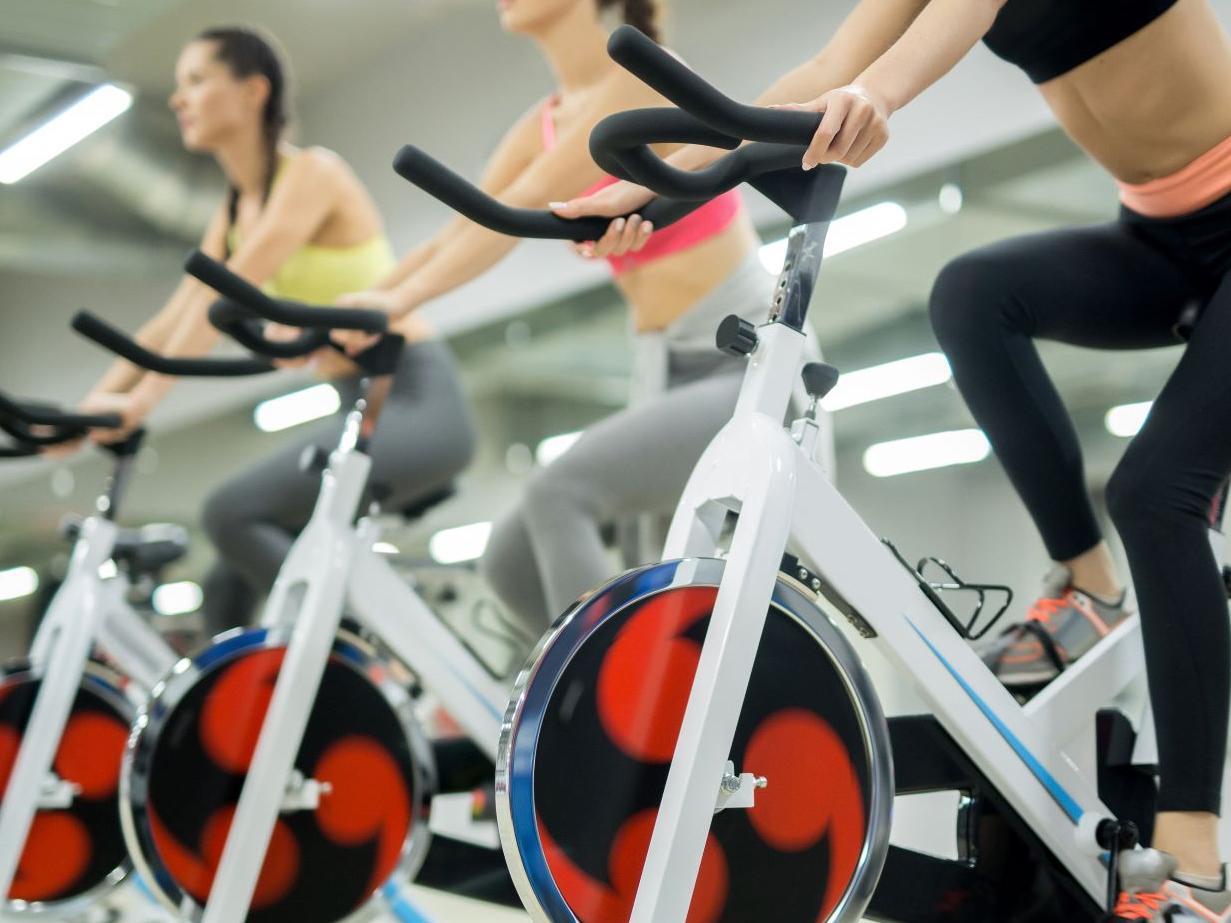Britons believe being physically active to improve health and fitness is the most important thing they can do to support the NHS and reduce pressure on its services, according to new research commissioned by ukactive.

The study of 2,123 UK adults by Savanta ComRes found that 69 per cent of respondents want to do more physical activity or exercise considering the impact of Covid-19. Almost a fifth of respondents (18 per cent) said that being physically active was the best way to support the NHS, with more than half (51 per cent) ranking exercise in the top three ways to help. Next on the list, by a margin, was cutting smoking, followed by improving diet, paying taxes, cutting alcohol, making charitable donations, and volunteering.
The Covid-19 pandemic has put NHS services under extreme pressure, which has led many people to reconsider the ways they approach their personal health, including being more physically active each day.
Regular exercise has been shown to improve a person’s ability to regulate the immune system, which is essential for avoiding the severe symptoms of Covid-19. It also reduces the risk of underlying conditions and illnesses which make us vulnerable to the virus, such as heart disease, stroke, type 2 diabetes and some cancers.
The new research also shines a light on the mental health benefits of physical activity, which millions of Britons have relied on this year. Around three fifths (58 per cent) of respondents said that during lockdown they were able to manage their mental health and wellbeing through being active, and 63 per cent said that participating in sport and physical activity with others can help with feelings of loneliness.
Despite these benefits, the poll showed the perceived value of physical activity is not always reflected by how UK adults spend their time – a quarter of respondents are classed as physically inactive (25 per cent), only doing 30 minutes or less of moderate exercise a week, including 12 per cent who admit they get no exercise at all. The Chief Medical Officer recommends at least two-and-and-a-half hours (150 minutes) of physical activity a week.
“We welcome these findings as the latest evidence of the vital role that physical activity can play in supporting our NHS and helping us create a happier, healthier society,” said Tim Hollingsworth, chief executive of Sport England.
“Our sports clubs, gyms, parks and leisure centres help form the fabric of our society: supporting community cohesion, improving wellbeing, reducing loneliness and anti-social behaviour and boosting productivity in the workplace.”